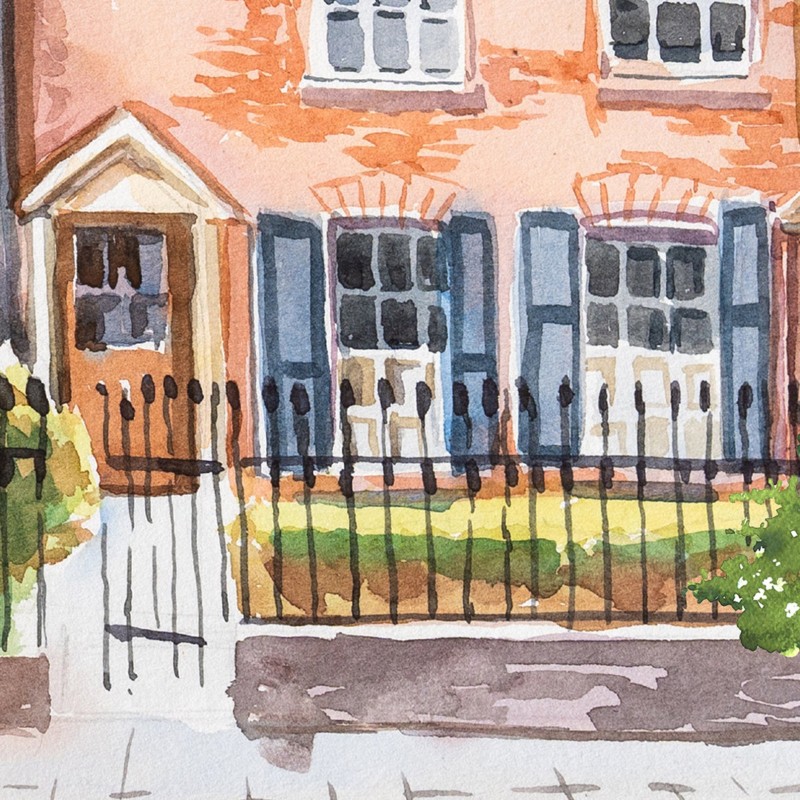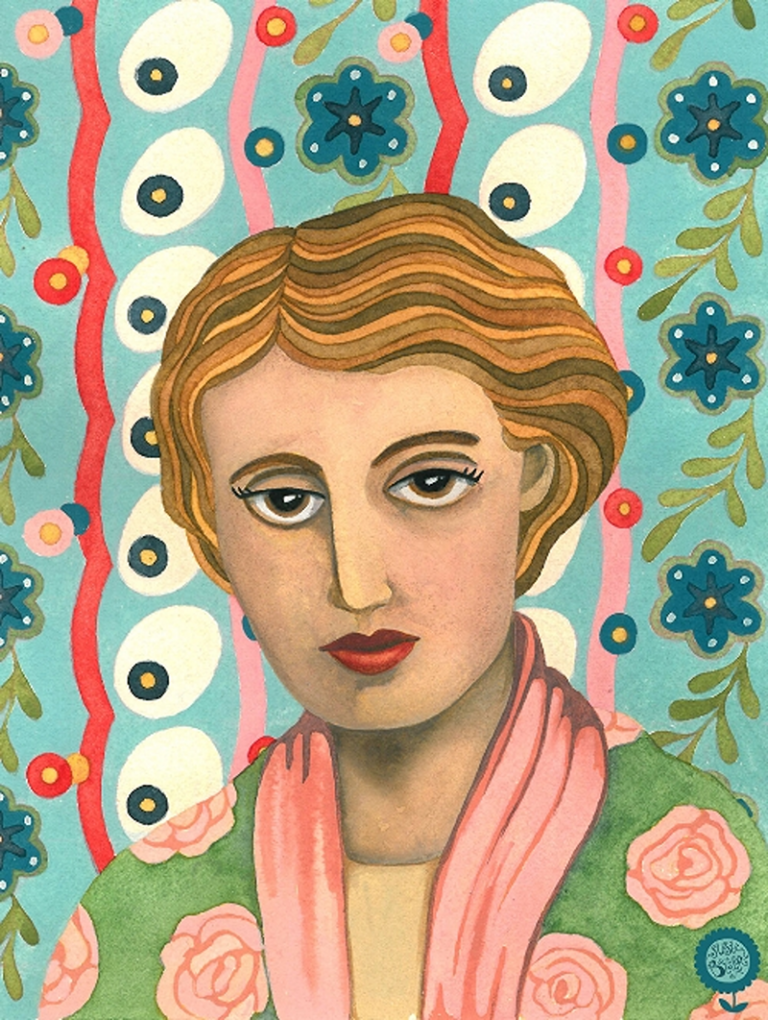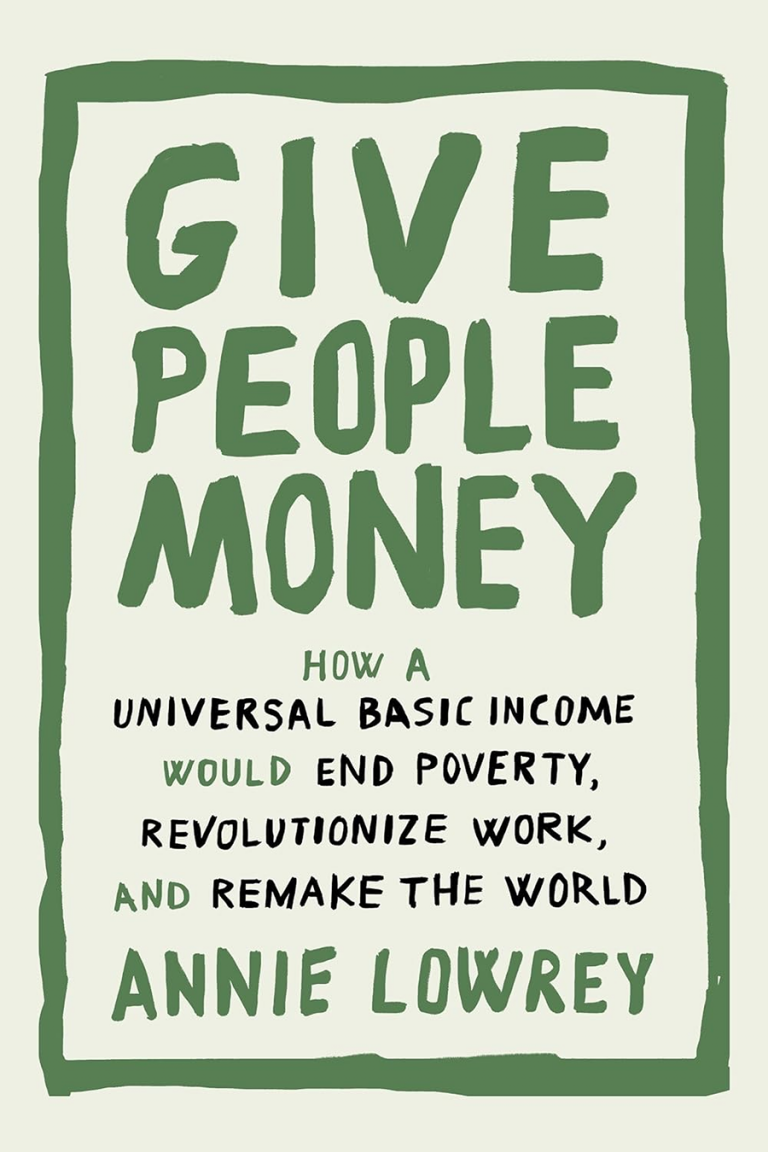
Everyone knows the name of Charles Dickens the writer, even if it’s due to the glorious music film Oliver!, the story of a young orphan who is ‘adopted by Fagin and his sprightly sidekick The Artful Dodger. However, Charles wrote many other novels, and always with a view to helping the poor in society.
Born in Portsmouth, his writing stemmed from the experiences of his own father, who ended up in prison due to being in debt. Young Charles had to go and work in a factory, pasting labels on bottles of boot polish. He lamented that doing such a job, there were ‘no words to express the secret agony of my soul’. Even though he later become rich, Charles never forgot the poverty of his youth, and spent later years doing much good (see below).
Does good writing affect society? Yes. Charles ‘book A Christmas Carol was so influential that soon after publication, real-life ‘scrooges’ began to make charitable donations. He used his books to push for better housing, decent work and fair laws. Fighting for people who had no voice.
And of course, his own work experiences created characters like Oliver Twist, his belief that children should never be sent to work in factories, just to eat. Crushed hopes and dreams feature strongly in his other books like Bleak House.
Dickens’ Efforts to Drive Social Change
Charles Dickens did not stop at writing books. He used essays and speeches to press for better lives for others. And wrote vivid reports on slums, disease and child hunger, that officials could not ignore. He even spoke out against slavery, on a trip to the USA.
One of his greatest legacies was Urania Cottage, where he worked with philanthropist Angela Burdett-Coutts (who also donated to soup kitchens and the then very-new RSPCA) to found a place where women could rebuild their lives, if they had been living and working on the streets. So-called ‘fallen women’.
Here they learned to read and write, and some even emigrated for better lives. Charles personally interviewed each woman before admittance, insisting each one was to be treated with ‘the greatest kindness’.
Charles’ own personal life did not reflect the morals of some of his stories. He left his wife of 22 years (and with 10 children) for an 18-year old mistress, who he remained with, until his death.
His wife never recovered (she had already lost most or her children too). She was then accused of being mentally unbalanced, and put in an asylum. Read more on Catherine Hogarth in the book The Other Dickens.






